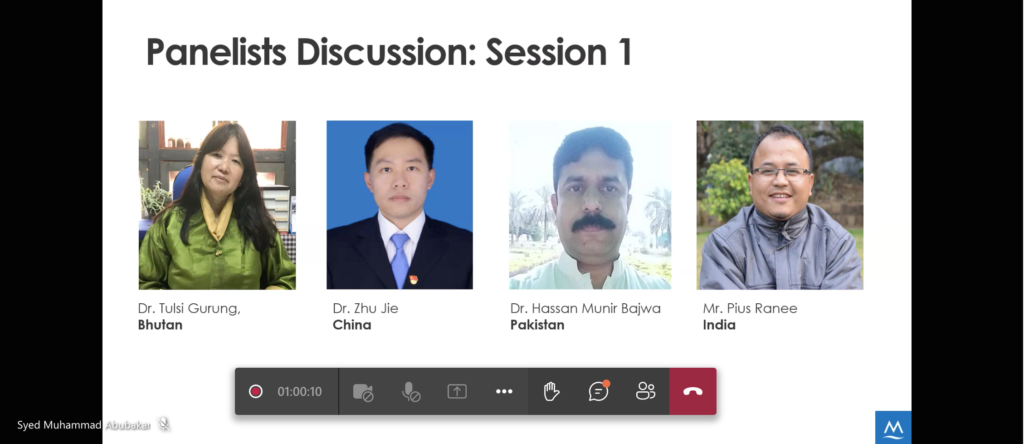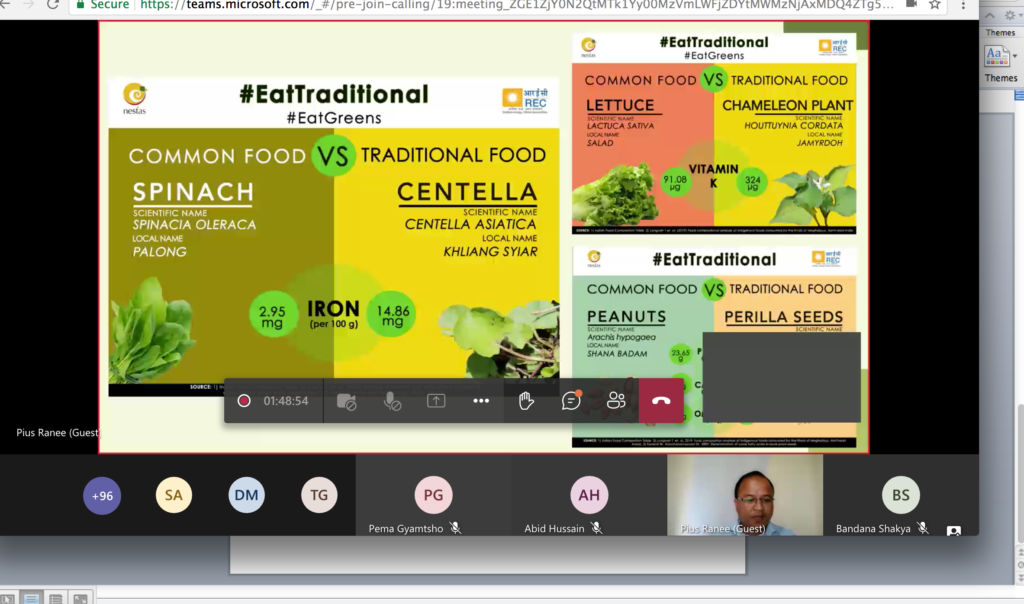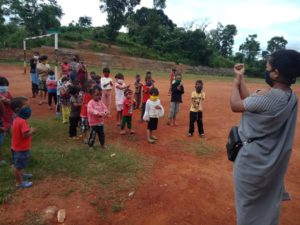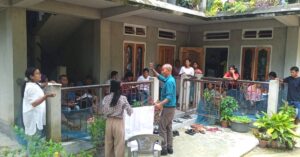Mr Pius Ranee, Executive Director of NESFAS was invited to attend a webinar hosted by the International Centre for Integrated Mountain Development (ICIMOD) on the 8th of June, 2021 on ‘Revitalising ethnic cuisine for improved nutrition, nature-positive food production and equitable livelihoods’. Bah Pius Ranee brought to light several important factors in his speech and presentation. He spoke about the lack of representation of indigenous food systems; everyone was also enlightened by tid-bits of information that they were earlier unaware of, such as how it was revealed through a mapping exercise that Meghalaya and Nagaland have over 200 food plants per village but it is not at all acknowledged by people. The kind of biodiversity that exists in the state and its neighbours is almost unmatched; he also spoke of the Seeds Exchange Programme which has brought about the upliftment of lost species of plants and has provided a platform for farmers from different regions to come together and share their knowledge of the seed system. Mr Pius then spoke about the development of the NESFAS Nutri app which is used to monitor consumption of local species and dietary diversity.

When asked about the engagement of youth, Bah Pius emphasized on the involvement of youth in all kinds of events, they should take responsibility and ownership of the different community level programmes. Chefs should also be involved to collaborate and teach the youth to enhance food related businesses. He also stressed on the importance of the development of youth fellowship programmes at the grassroots level. Mr Ranee also informed the panel about the Agroecology Learning Circle and its efforts in creating an exchange of dialogue among farmers and young people.

Executive Board member of NESFAS, Amba Jamir was also present in the meeting and shared that there’s a big difference between focusing on food systems and focusing on productivity. A lot of our policies in the Asia-Pacific region are focused strongly on agricultural productivity. Communities should be our topmost priority.
Overall, the session was a huge success and there was immense dissemination of knowledge and opinions. NESFAS was glad to be a part of it and hopes that it can contribute to this global mission in its own way.



